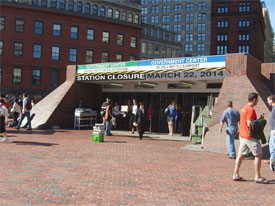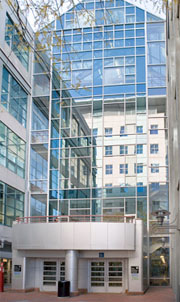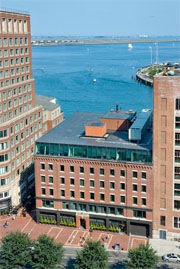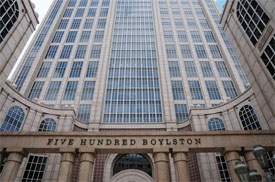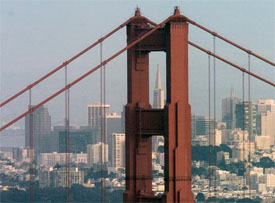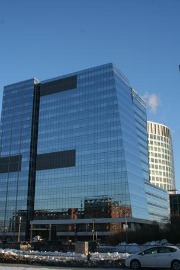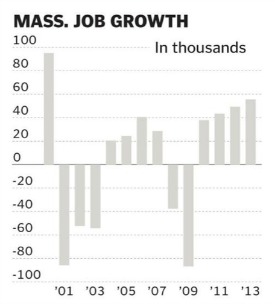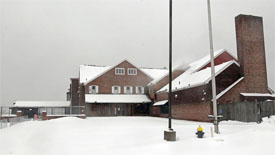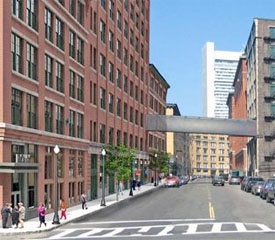Planning your new commute to Boston City Hall? The Green Lines Government Center T Stop is scheduled to close on March 22nd for two years.
An announcement from the MBTA on Wednesday, reported in the Boston Magazine, notes “that Government Center Station at City Hall Plaza would be closing down for two years beginning on March 22, so that the transit agency can begin repairs and upgrades to the stop, and improve connections between the Blue and Green Lines.”
The article includes the following quote from the MBTA:
“If your trip usually included Government Center Station, please allow an additional ten to fifteen minutes for your travel,” according to the T. “The bus will make stops outside State Street Station, Government Center Station, Bowdoin Station, and then return to Haymarket. No fares will be collected on the shuttle bus.”
You can read the full Boston Magazine article, here.

